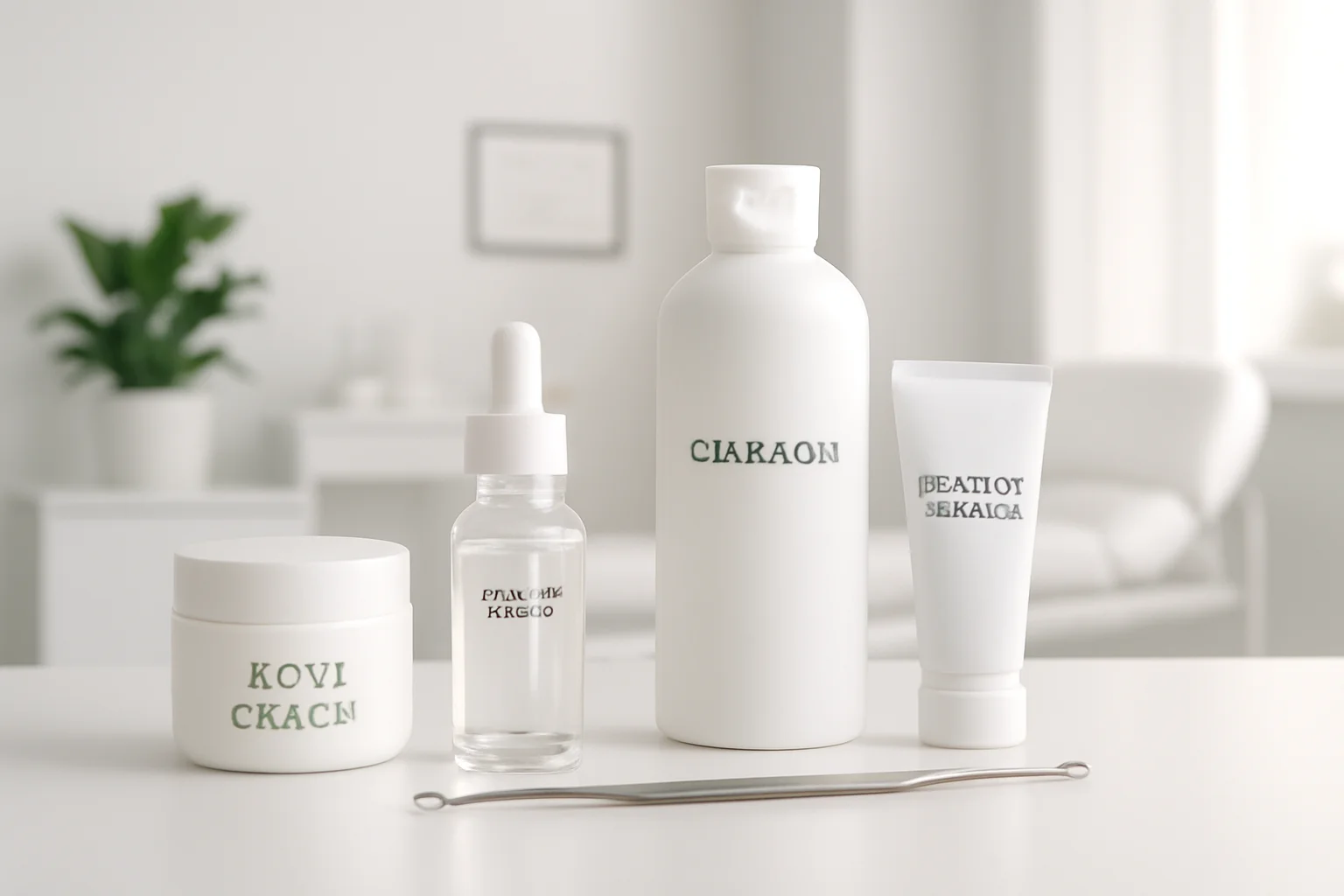
Mebucain and Dorithricin: Effective Solutions for Sore Throat
The oral cavity and throat diseases often cause significant discomfort, and many seek effective solutions to alleviate the symptoms. Two popular medications, Mebucain and Dorithricin, frequently come up among patients when it comes to treating sore throat, oral irritation, or other similar complaints. Both preparations have different active ingredients and mechanisms of action, making it important to understand which may be the most appropriate choice for treating various symptoms. It is crucial for patients to be aware of the active ingredients, side effects, and areas of application of these medications to manage their issues as effectively as possible. With the right information, individuals can make more confident decisions about the ideal solution for them, which not only helps alleviate symptoms but also contributes to faster recovery.
Mebucain: Active Ingredients and Application
Mebucain is a combined medication that has local anesthetic and anti-inflammatory effects. Its main active ingredients are benzocaine and chlorhexidine. Benzocaine is a local anesthetic that quickly alleviates pain, while chlorhexidine has antibacterial properties and helps prevent infections in the oral cavity.
The use of Mebucain is particularly recommended for sore throat, mucositis, and pain relief after dental procedures. The effects of the medication are felt quickly and are generally well tolerated; however, as with any medication, it is important to adhere to the dosage and usage instructions.
Before using Mebucain, it is advisable to consider the patient’s medical history and any potential allergic reactions. The medication is not recommended for individuals who are sensitive to benzocaine or chlorhexidine. For pregnant and breastfeeding women, it is also important to consult their doctor before use, as the active ingredients can enter the body and affect the fetus or infant.
In addition to using Mebucain, maintaining proper oral hygiene is essential, which can contribute to a faster healing process. Alongside taking the medication, regular tooth brushing, using mouth rinses, and avoiding sugary foods and drinks are recommended, as these factors can promote the development of oral problems.
Dorithricin: Mechanism of Action and Areas of Application
Dorithricin is another medication that provides local treatment, aimed at alleviating symptoms of sore throat and oral irritation. Its main active ingredients include lidocaine and benzoxonium chloride. Lidocaine is a strong local anesthetic that quickly reduces pain and discomfort, while benzoxonium chloride has antibacterial effects, helping to prevent infections.
This medication is particularly effective for treating sore throat, colds, and oral inflammations. The effects of Dorithricin are quickly felt during use, and patients generally tolerate it well. The method of application is typically in the form of lozenges that should be placed in the mouth, where they dissolve slowly, gradually releasing the active ingredients.
As with any medication, it is advisable to consult a doctor before using Dorithricin, especially if the patient is pregnant, breastfeeding, or taking other medications. Potential side effects, such as allergic reactions, are also important considerations to take into account before starting treatment.
Dorithricin can be effectively combined with proper oral hygiene and a healthy lifestyle to ensure that symptoms are alleviated as quickly as possible. Alongside using the medication, maintaining adequate fluid intake, resting, and strengthening the immune system can contribute to faster recovery.
Mebucain and Dorithricin: Which is the Better Choice?
When choosing between Mebucain and Dorithricin, several factors should be considered. The first and most important factor is the nature and severity of the symptoms. If the pain is intense and urgent relief is needed, Mebucain, due to its local anesthetic effect from benzocaine, can provide a quick solution. Conversely, if the main issue is the inflammatory process, then the antibacterial effect of Dorithricin may be the more appropriate choice.
The patient’s medical history can also be a key factor in the decision-making process. If someone has previously had allergic reactions to the components of Mebucain, Dorithricin may be the safer alternative. Additionally, the forms of medication and their methods of use may differ: while Mebucain is generally available in rinse form, Dorithricin can be used as lozenges, which may be more convenient for some.
Costs can also play a role in the decision; the prices of the medications may vary, and insurance coverage can influence which preparation is more accessible to patients. Doctors typically recommend the most suitable preparation based on individual needs and symptoms, so it is important for patients to always consult a healthcare professional before making a choice.
Finally, patients’ experiences and opinions can also influence the decision. In many cases, users share their experiences on online forums, where others can gain information about the effectiveness and tolerability of different medications.
**Warning:** This article does not constitute medical advice. Always consult your doctor or healthcare professional for health issues.

